HMPV scare: Health Ministry urges calm, says situation in China not unusual
Sun 05 Jan 2025, 00:59:11
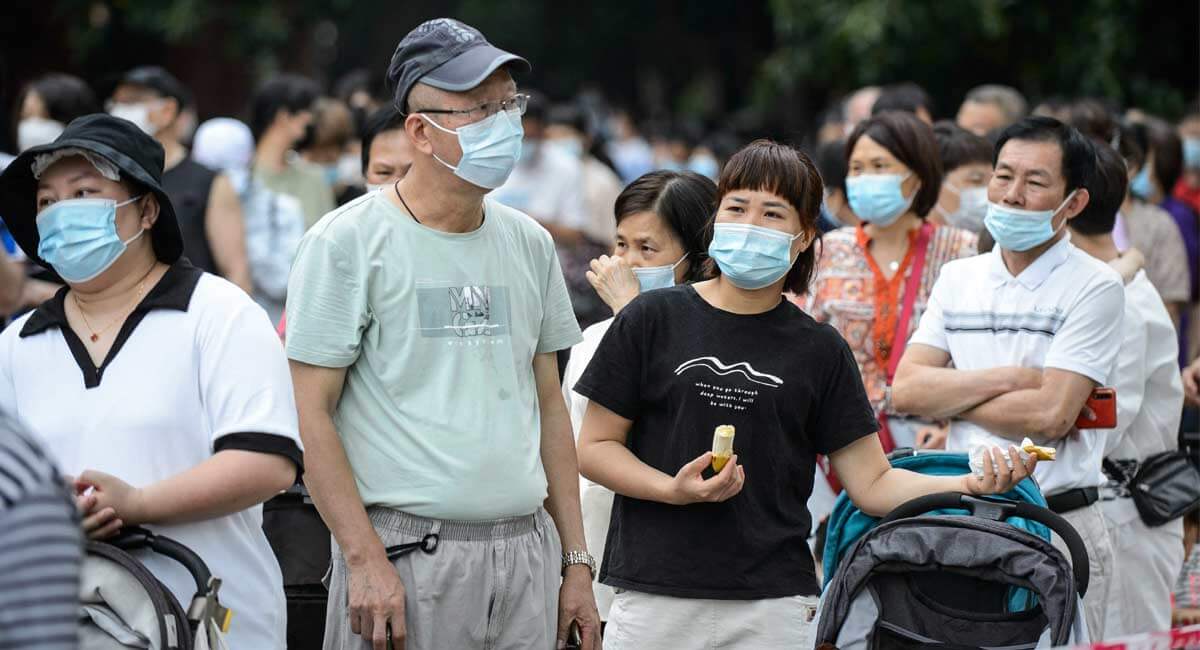
The Union Health Ministry on Saturday assured the public that there was no need for alarm over the recent rise in respiratory illness cases in China, including those caused by the Human Metapneumovirus (HMPV). In a statement, the ministry emphasised that the "situation in China is not unusual" and that "India remains well-prepared to handle respiratory infections effectively".
The statement came after the Health Ministry convened a Joint Monitoring Group meeting to assess the situation. "Officials are closely monitoring updates from the World Health Organisation (WHO) and other international channels to stay informed about any potential risks," the ministry said.
It has also requested the WHO to provide timely updates to ensure a proactive approach.
"The government is keeping a close watch over the situation through all available channels and WHO has also been requested to share timely updates regarding the situation in China," it said.
India's surveillance data indicates no significant increase in respiratory infections or related hospitalisations across the country. "Viruses like HMPV are already in circulation in India and that existing health infrastructure is capable of managing any potential cases," the ministry noted.
Reiterating the nation’s readiness, the ministry
highlighted that India's robust surveillance systems and healthcare resources are well-equipped to handle respiratory illnesses.
highlighted that India's robust surveillance systems and healthcare resources are well-equipped to handle respiratory illnesses.
Citizens have been urged to remain calm and follow standard health precautions, including maintaining hygiene and seeking medical advice if symptoms arise.
"Data from the recently-conducted preparedness drill across the country indicated that the country is well-prepared to deal with any increase in respiratory illnesses," the statement added.
China is witnessing a sharp rise in respiratory illnesses, with Human Metapneumovirus (HMPV) emerging as a significant concern. Last month, Chinese authorities reportedly initiated a pilot monitoring system to track winter illnesses, including cases of pneumonia with unknown origins.
Reports circulating on social media indicate that HMPV is spreading rapidly, primarily affecting children and the elderly. These vulnerable groups are said to be overwhelming healthcare facilities, with some claims pointing to increased strain on crematoriums.
HMPV typically causes symptoms resembling a common cold, such as cough, wheezing, runny nose, or sore throat. However, in young children, the elderly, and individuals with weakened immune systems, the virus can lead to severe respiratory complications, requiring prompt medical attention.
No Comments For This Post, Be first to write a Comment.
Most viewed from National
Most viewed from World
AIMIM News
Latest Urdu News
Most Viewed
May 26, 2020
Can Lionel Messi's visit boost Indian football?
Latest Videos View All
Like Us
Home
About Us
Advertise With Us
All Polls
Epaper Archives
Privacy Policy
Contact Us
Download Etemaad App
© 2025 Etemaad Daily News, All Rights Reserved.


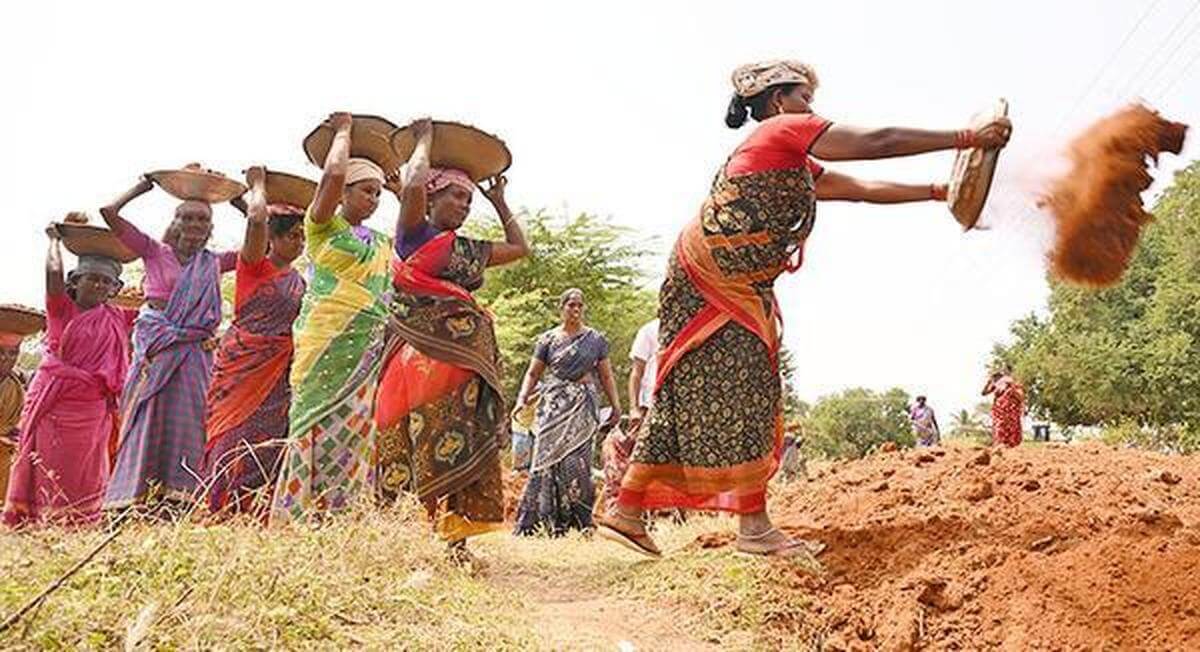


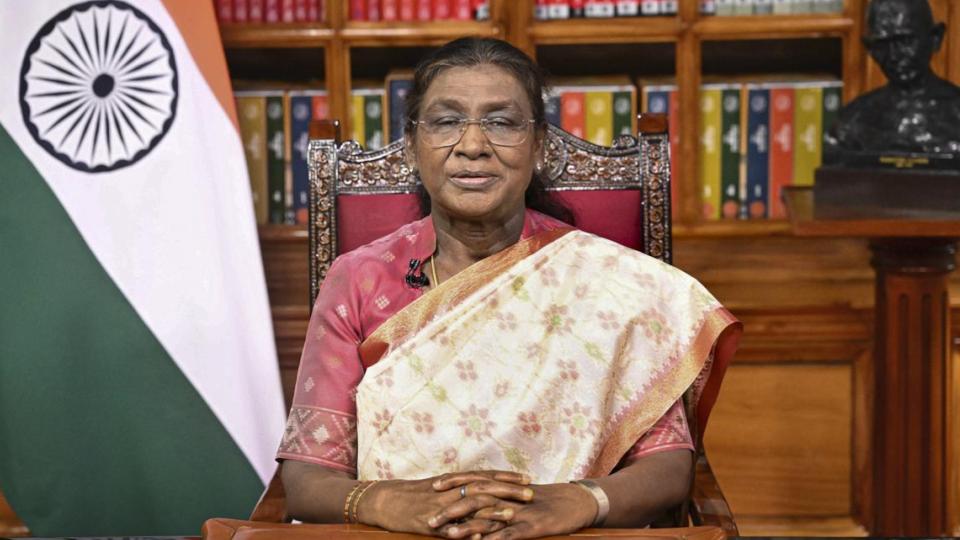


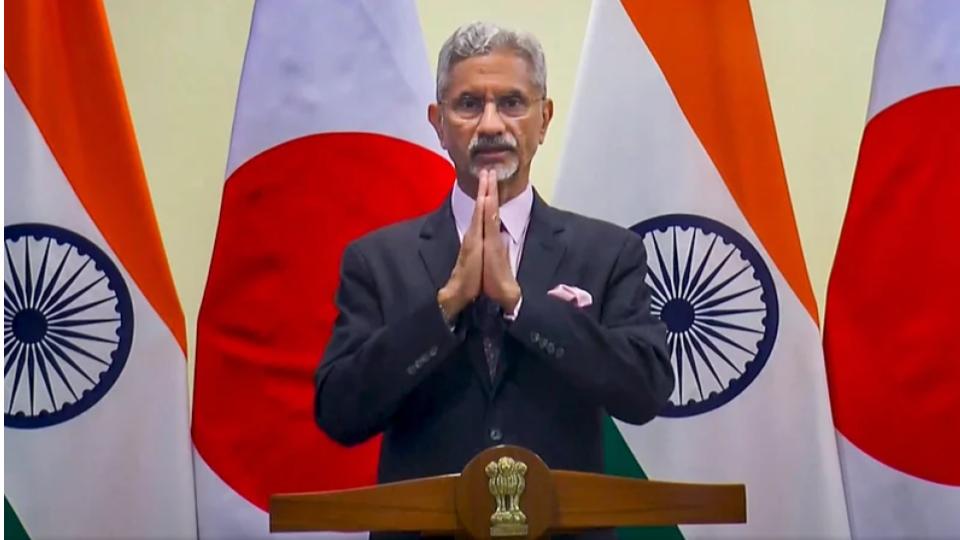
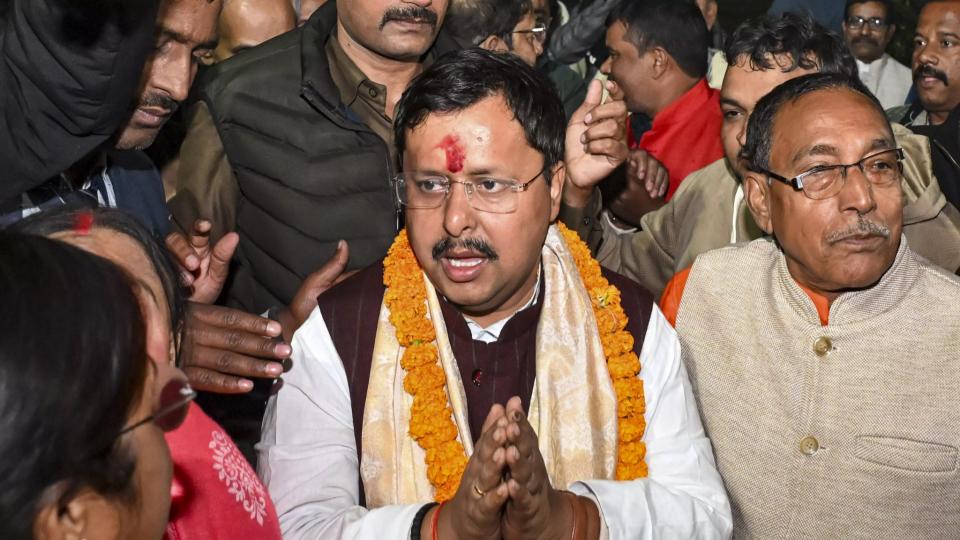
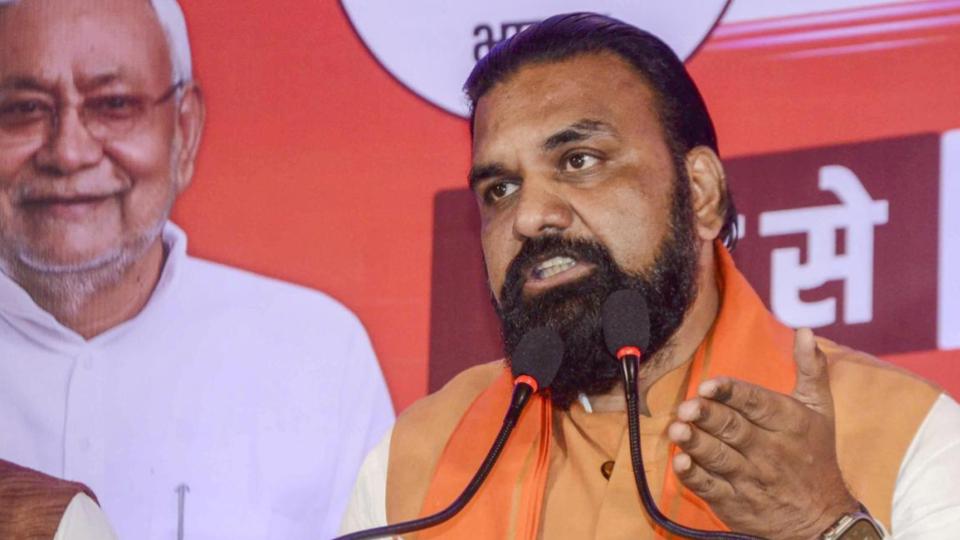

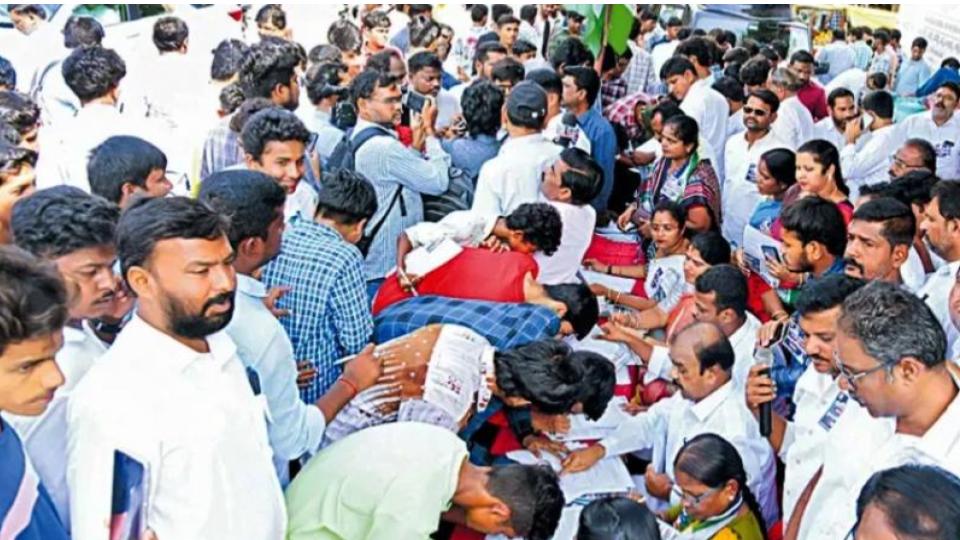
.jpg)























.jpg)
.jpg)
.jpg)


